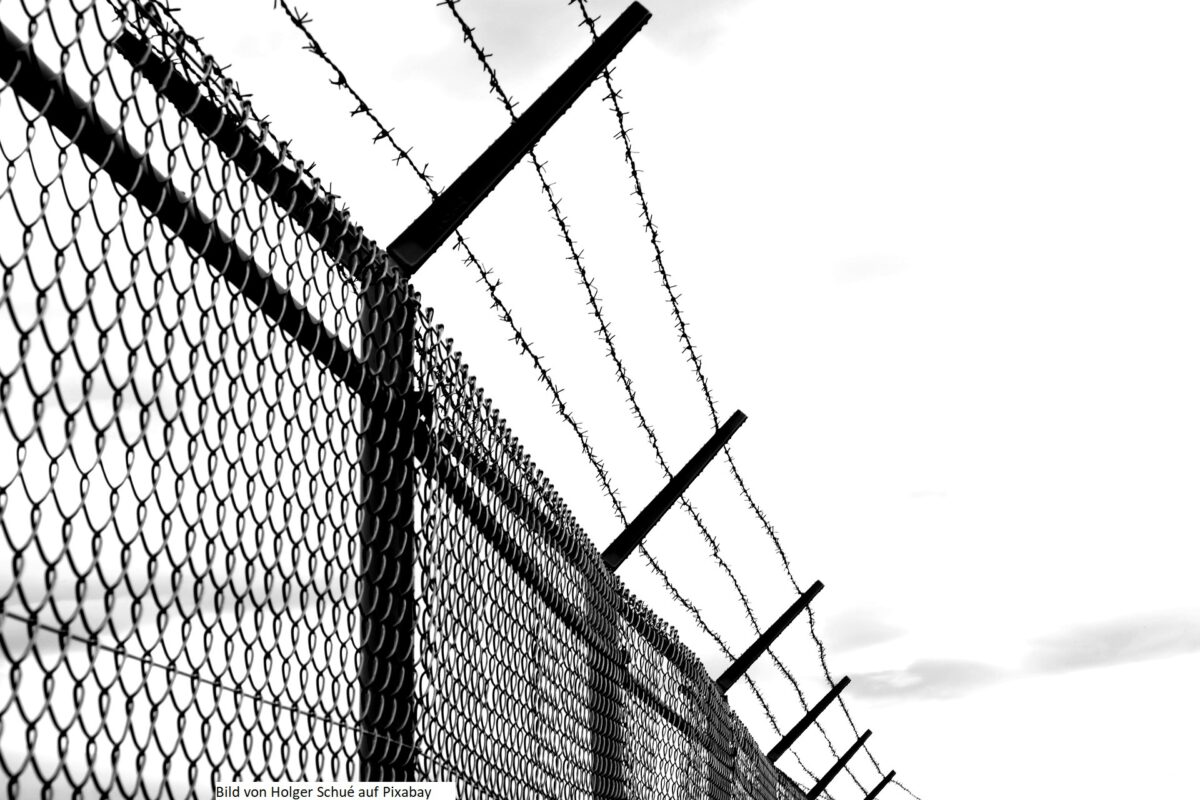The humanitarian corridor to Syria was extended – with concessions to Russia.

On Sunday, the mandate for the last remaining humanitarian border crossing into Syria expired. After Russia on Friday rejected the resolution of Ireland and Norway to keep the border crossing open for another year had prevented with a veto, was on Tuesday a âcompromise textâ adopted. This extends humanitarian assistance across the border crossing for another six months. After the adoption of the resolution, according to the Syrian civil defense unit White Helmets Russian bombs, among others, on Idlib – the region for which the humanitarian aid of this border crossing is intended.
Through the Bab al-Hawa humanitarian corridor, which connects Turkey with Idlib province, international aid can now continue to be transported from Turkey to Syria. In 2014, four such humanitarian crossings were approved by the UN Security Council, but in recent years, three of them have already been closed due to vetoes by Russia and China. Russia had repeatedly argued that threatenedto not extend the last remaining border crossing. Then, humanitarian assistance could only be provided through Damascus. Syrian like international Organizations have repeatedly warned that such a decision would further exacerbate the suffering of Syrian civilians. UN Secretary-General António Guterres had also urged the members of the Security Council accessedto extend the term for the humanitarian corridor.
Why do we need these border crossings for humanitarian goods?
The consequences of years of war, economic crisis, COVID-19 pandemic: According to UN estimates 14.6 million Syrians are currently in need of humanitarian aid. More than ever before. 12 million people in Syria are acutely food insecure, and 90 percent live in poverty. However, the provision and distribution of basic goods in Syria is a complex matter if it is to reach the entire civilian population: Aid is being misused by war criminal Bashar Al-Assad for his own political purposes. Various areas of Syria remain under the control of different parties and groups, even though the Syrian regime has retaken large parts. Humanitarian assistance is particularly difficult in areas outside regime control, as the Syrian regime often does not distribute or allow aid through. Therefore, it is essential for the provision of basic services to the civilian population that relief supplies can also be brought into the interior from outside. For example, 60% of people in northwestern Syriamore than half of them internally displaced, are in need of humanitarian and medical assistance across the border crossing.
Strengthening the regime through aid?
In the study Rescuing Aid in Syria Natasha Hall of the Center for Strategic & International Studies argues that aid to the Syrian regime would not provide better care for Syrian civilians, but would strengthen the Syrian regime. Humanitarian assistance would be intercepted by the regime and, in particular, redirected to regime-controlled areas. Syrian civil society organizations have therefore been demanding for years that the UN refrain from cooperating with the Syrian regime and organize humanitarian aid separately from it. The Syrian Legal Development Programme and Human Rights Watch criticizeThe report also said that the UN did not pay sufficient attention to human rights safeguards in its cooperation with partners in Syria and thus risked funding actors involved in human rights abuses. Already in 2016, more than 50 organizations signed the report. The United Nationsâ Loss Of Impartiality, Independence And Neutrality In Syria supported. In this criticized the Syria Campaign the UN sharply: by cooperating with the Syrian regime, the UN in Syria violated the three humanitarian principles of impartiality, independence, and neutrality.
What does this have to do with us in Europe?
The EU, and Germany in particular, are the main donors of humanitarian aid in Syria. We have to take a critical look at the current humanitarian assistance on the ground and take the criticism of the Syrian civilian population seriously. Because our funds must not be used to cement the power of Bashar Al-Assad. Our responsibility is to ensure that humanitarian and medical assistance reaches all those in need and does not fall into the hands of the Syrian regime. For this, border crossings for humanitarian goods are essential. Only in this way can humanitarian and medical assistance be moved inland, bypassing the Syrian regime.
The extension of the Bab al-Hawa border corridor for another six months allows many to breathe a momentary sigh of relief, but the humanitarian situation in Syria is already catastrophic. In half a year, the struggle to keep the border crossing open will begin anew and Assad's ally Putin will again show that he sees the Syrian civilian population rather as a geopolitical pawn and abuses people and their suffering to maintain his power.